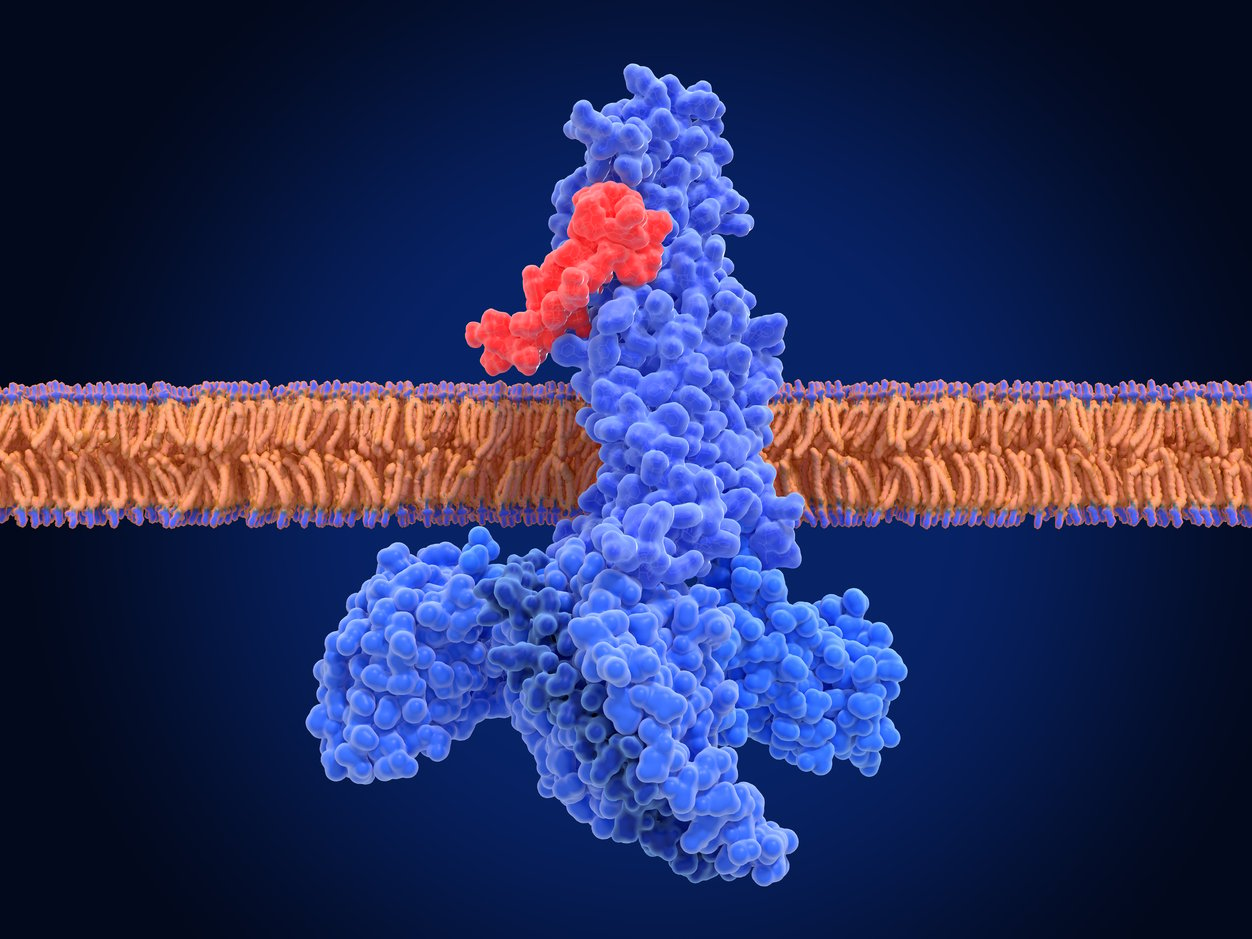first opinion
The complicated relationship between weight loss drugs and mental health
Adobe
It's known that mental illness can lead to or worsen obesity, and vice versa. With the rise of GLP-1 drugs, the menu of treatment options has increased, but so have the questions patients have about how these medications affect the body. Those questions range from "Will Wegovy make my depression worse?" to "Can I take Wegovy now that I've gained 50 pounds on the antipsychotic?"
While we wait for more data to clarify the relationship between GLP-1s and mental health, experts say it is crucial for endocrinologists — who prescribe most of these drugs — and psychiatrists to work together to address the tangled connections between body weight and mental health. In a new First Opinion, physicians Jody Dushay and Karen Greenberg — an endocrinologist and psychiatrist, respectively — unravel what this means for patients. "The arrows connecting obesity and mental illness point in both directions," they write. "It is easy to overlook these double arrows, but our patients, doubly stigmatized, need our combined areas of expertise to determine the best path forward." Read more.
research
Study suggests women can exercise less than men while benefiting more (sorry lads!)
There's a sex disparity in exercise — but it may not be what you think. Women can exercise for less time than men but see better cardiovascular results, according to a new study published yesterday in the Journal of the American College of Cardiology. In general, regular leisure-time physical activity was associated with a 24% lower mortality risk for women but just 15% lower risk for men. The disparities emerge at higher levels of activity, the researchers found. Men saw maximal survival benefits after 5 hours of moderate to vigorous exercise per week; women saw the same level of benefits after 2 hours and 20 minutes per week. The disparity was consistent across both aerobic exercise and muscle-strengthening activity.
Researchers analyzed national survey data from 1997-2019 from more than 400,000 respondents. Possible explanations for the disparity could be that men have wider lung airways, larger muscle fibers, more lean body mass, and other attributes that give them greater exercise capacity than women, the study authors wrote, so that more activity is needed to see active improvement. But they also believe more research is needed to validate and expand on the results.
Artificial intelligence
AI regulations are taking shape — but startups demand more clarity
The federal government's plan to boost its oversight of the use of artificial intelligence tools in health care drew censure from startups arguing that overregulation stifles new ideas. But as Washington forges ahead, founders say they're in the dark about who will be regulated and how — and they're urging policymakers to offer clarity.
As they race for a slice of the $4 trillion U.S. health care market, AI founders and investors say regulatory uncertainty is a hurdle, forcing them to build more slowly and meticulously document for fear of potential audits. That makes it harder to keep up with the tech industry's breakneck pace, they tell STAT's Mohana Ravindranath.
"There's confusion, because there is no crystal clear guidance, and agencies are putting out slightly different guidance, binding or not binding," said Randi Seigel, a partner at law firm Manatt Health. Read more on the questions startup leaders are asking.
No comments